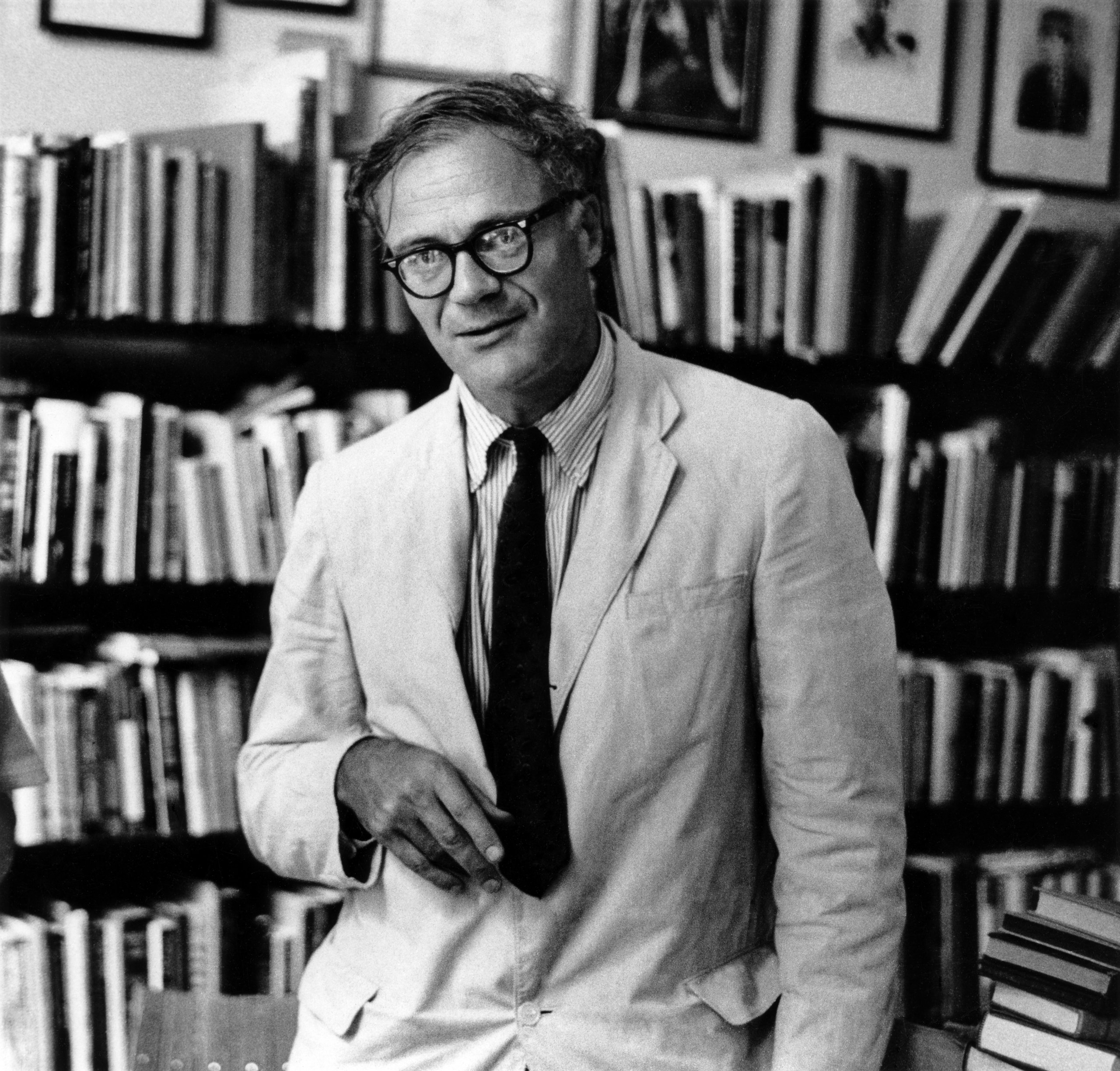Bad Advice Wednesday: Why Not Say It? (UCLA Q and A with Pam S.)
categories: Bad Advice / Cocktail Hour
Comments Off on Bad Advice Wednesday: Why Not Say It? (UCLA Q and A with Pam S.)

Robert Lowell
Recently writer and professor Shawna Kenney invited me to take part in an online class at the UCLA Extension Writers Program, visiting virtually by way of Blackboard. Students asked questions, I did my best to answer, and discussion ensued. I got permission from a number of students to use their questions, and I got permission from myself to use my answers. First up was T. Locke. This week, it’s virtual classmate Pam.
Hi Bill,
I really enjoy your book Writing Life Stories. Your easy-speak draws the reader in, and I am grateful for the sample writings from your students in your various chapters, which validate what you are teaching. The structure of your book really works.
My target audience is not the hot market of today, but the many folks, from young to old, of tomorrow — my own descendants. What I am grappling with is how to leave behind in story the truth of my life spent on earth, whether it be through memoir or fiction short stories.
It’s not like I’m obsessing over the future, but my burning question is: what do I do with all the planners, journals, letters, and nutso notes on napkins that I have kept since 1972? I can’t figure out what to keep and what to toss, because some of my passionate early writing is rather embarrassing — too much introspection, heated tale-telling of my flawed marriage (with good insights as a result, actually) and sensuous poetry from an emotional love affair I had with a married man later in life.
My question is regarding legacy, and if there are boundaries and guidelines (unwritten or else known by wise people) for writing life stories to impact the future. Is it inauthentic to write under a pen name?
Pam S., UCLA Cert Student
Hi Pam:
I guess you could change your name to Pim S. Great to write for your descendants, but write for all of us. And write it true. While you’re at your desk, only the story matters. Later, you can shift things if necessary, or change names, whatever you need to do. But don’t even think about that for one second while you’re working. For now, it’s yours and yours alone. And your writing workshop’s, of course. Learn to trust them, as you must learn to trust readers: they will be compassionate, they will love you, they will understand you. Because they too are flawed. And they actually know that affairs and such are fun, and not only trouble. And of course, we all love to read about trouble and fun. As for your journals, etc., I’d say put them away. There are far too many words in there to process. Write your first drafts without them, with memory alone. When you have a draft or two, then go back to find useful details and observations and language–now that you know what your story is, and what’s germane. Because you can’t put a whole life into a book no matter how long the book is. You must always pick and choose. The only really valuable legacy is the truth. As Robert Lowell wrote, “Why not say what happened?”
Epilogue

